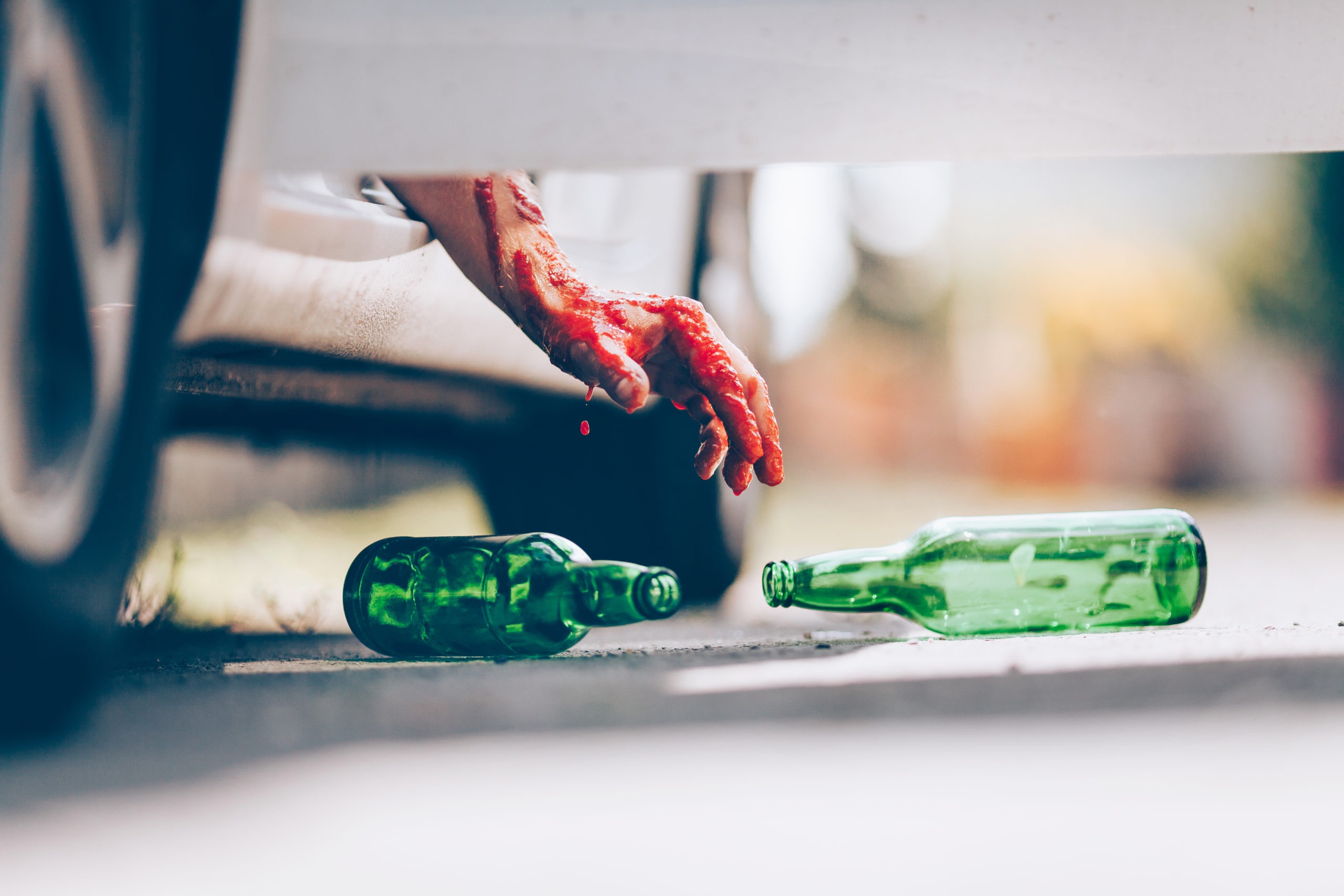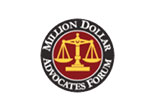While drunk driving cases are always serious, the consequences that the intoxicated driver faces increase to the extreme when any kind of accident occurs while they are operating a vehicle drunk. By accident, we refer to incidents involving the drunk driver’s vehicle and another vehicle, person, or property.
A legal perspective on alcohol-related car accidents is a vast topic, from personal injury case ramifications to potential heightened criminal charges for the drunk driver. The most obvious factor to consider in alcohol-related car accidents’ legal impacts would be the intoxicated driver’s OWI charges and license losses. The more of these drunk driving offenses someone has, the worse the penalties and the longer the loss of driving privileges.
There is a difference between the penalties faced for OWI in an alcohol-related car accident when the accident involves injuries or if it doesn’t. If no one is injured, there is no difference in the penalties the driver operating under the influence faces; however, if an injury results from the accident, the penalties and criminal charges against the intoxicated driver escalate dramatically.
Criminal laws exist in every state that provide serious penalties in cases of alcohol-related accidents resulting in injuries or death. While the criminal charges are one legal perspective to consider, another is the civil lawsuits that follow against the intoxicated driver involved in a vehicular accident. A civil suit based on drunk driving filed by the victim of a drunk driver, or in the case of a fatality, filed by the victim’s next of kin, is almost certain to succeed in recovering damages.
In determining liability, there are two different approaches in the states for how to treat the driver’s intoxication in determining liability and damages against them. No-Fault states prohibit civil suits against drunk drivers unless certain thresholds are met, those being statutorily set minimum requirements for severity of injuries sustained and a minimum threshold for the amount of damages the civil claim is worth. If these thresholds are not met, no-fault states bar civil suits against drunk drivers, likely because they are already facing such financial difficulties from their criminal case.
The other approach is the pure negligence approach. In a pure negligence state, individuals are free to sue a drunk driver for the injuries sustained from the accident they caused. In personal injury drunk driving suits, you must simply prove fault as you would in any other civil suit. Intoxication, it is noteworthy to mention, can also act as evidence of negligence per se in states that permit it. That means that in a lawsuit over a car accident, the intoxicated is automatically considered to have been negligent and therefore liable for the accident because proof they were not following traffic laws is considered proof of negligence. So, in lawsuits simply over claims for damages from the accident, rather than injuries, intoxication can be proof of fault and incur automatic liability on the intoxicated driver.
Call An Attorney at Walton & Telken Today
If you are involved in an accident while intoxicated, you need to speak to a car accident attorney immediately. If you are facing legal consequences that are criminal, civil, or both, you should call the attorneys at Walton & Telken today. We can help you fight against the legal consequences incurred from being involved in an accident while intoxicated. We are licensed and skilled attorneys who have a wealth of experience dealing with cases like this and have successfully helped our clients manage their legal troubles as best as is possible under the circumstances.
Trust us to handle your case by visiting our webpage or calling us today at (618) 272-2284 in Illinois or (314) 254-4486 in Missouri to set up a consultation with an attorney.
[RELATED ARTICLE]: How Should You Approach Admitting Fault in A Car Accident?
FAQ:
Q: What if intoxication is determined by a field sobriety test rather than a breathalyzer?
A: Field sobriety tests are not evidentiary certainties like a blood alcohol content test via a breathalyzer, so intoxication determined by the field sobriety test is open to challenges on multiple levels. For instance, your intoxication may be called into question regarding what caused your imbalance and drunken appearance during the test. If you take anxiety meds, for instance, you could throw doubt into the assertion you were intoxicated on liquor by saying you simply appeared off because you took your medication and was woozy therefrom. Another tactic would be to say you were sleep-deprived. Regardless, without a breathalyzer test proving intoxication, a field sobriety test opens up many possibilities to resolve your case on lesser charges than an OWI.
Q: What if the accident is someone else’s fault and I just happened to be intoxicated and a victim, and I want to sue to recover for my injuries?
A: If the accident was caused by someone else, and that much is obvious at the scene of the crash, then your intoxication can still play a role in hindering efforts at pursuing a personal injury case against the at-fault driver. A concept called comparative negligence would come into play if you filed a personal injury suit against the other driver, and it would create difficulties for your case in holding the other driver liable.
Q: If I am convicted of OWI in criminal proceedings, what does that mean for any civil lawsuits filed against me?
A: In some states, it means that the issue of fault is settled. Criminal convictions are taken as fact in most states when a civil suit follows, so proving your negligence becomes a mightily easier task for a plaintiff suing over an accident you caused while intoxicated following your criminal case.










